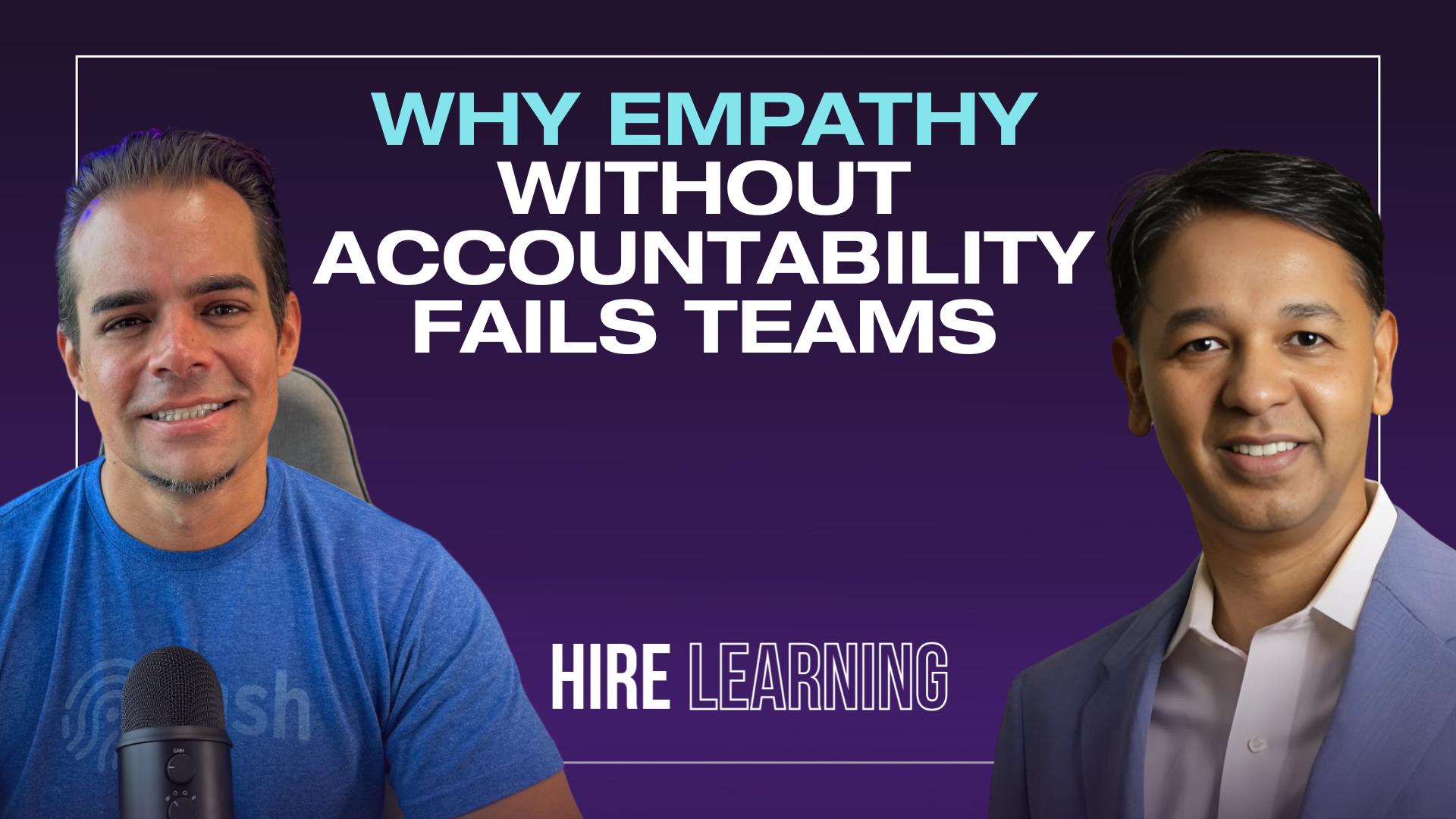In the talent industry, building relationships is arguably the most important thing we do. You’d think the things that help you build relationships would be common sense. But that’s not the case.
Too often, the common practice is just about the numbers. Hitting the numbers. Counting the requisitions. Beating the quotas.
Leading talent solutions providers, and the practitioners therein, understand three basic, yet seemingly elusive things that build better relationships. And the long-term payoff of genuine relationship building is way more valuable than any short-term gains provided by playing the numbers game.
First way: Empathy
This is the most important piece to understand. It’s the foundation for anything that follows. Genuine empathy should be fostered otherwise lasting results will not follow.
Microsoft CEO Satya Nadella said it best in a recent interview. When asked to speak on why he thought empathy was such an important part of business, he said:
“In order to innovate on behalf of our customers, it means that we need to be in touch with the unmet, unarticulated needs of our customers. There’s no way we can be in touch with those unmet, unarticulated needs, if we don’t have that deep sense of empathy for our customers. If we’re not listening. We’re not just listening to what they are saying today, but listening for that inner need that is not even articulated. And so, that’s what I believe. I think empathy is very core to business.”
I, and everyone here at MSH Talent Solutions, couldn't agree more.
Speaking of listening…
Second way: Active Listening
Actively listening with empathy allows you to ask the right questions. You can have a genuine conversation. You can begin to uncover the unarticulated and unmet needs of the people you are trying to help. That’s when you can start tackling the real issues and provide real value.
In business coach and author Steven Covey’s 7 Habits of Highly Effective People, he notes the fifth habit as “seek first to understand, then to be understood.” You can’t achieve this without what I call active listening. It’s an extremely important aspect of relationship building, and a lot of people get it wrong.
Covey tells us there are five types of listening:
- Ignoring: not really listening at all
- Pretending: nodding along while not really following
- Selective listening: hearing only what you want to hear
- Attentive listening: paying attention to the words themseleves
- Empathic listening: intending to understand what someone is trying to communicate
People in the talent acquisition industry have received a bad reputation throughout the years because of poor listening skills. Instead of actively listening–or what Covey calls Empathic listening–most are waiting for their opportunity to talk or to push a sale. No one likes or wants that, and it doesn’t solve real problems.
Third way: Pay Attention to the Details
This is another way to position the old adages of “measure twice, cut once” or “quality versus quantity.” Leading talent providers know that this business isn’t a check all the boxes on a list before 5pm type of industry. Or, it shouldn’t be, anyway. All those checked-off boxes don’t matter if they’re the wrong boxes.
If you are intentional about finding solutions for your clients, rather than being numbers focused, you already know how important the details are. Each client has a unique set of challenges and by being attentive to the details, you will set yourself apart with each and every one of them.
I believe that by being genuinely empathic and truly listening, basic misunderstandings could be easily avoided, and better, more effective results could be achieved within our industry…if we simply initially pay attention with good intent.
Bonus tip: Read this blog on the importance of growing and maintaining soft skills.
Learn more about how MSH Talent Solutions can help your company solve talent needs. Contact us today at info@talentmsh.com.
MSH is an industry-leading talent solutions firm, providing strategic talent acquisition and consulting services to organizations around the world. Established in 2011, MSH aligns people, processes, and technology with overall business objectives.

.jpeg)

.png)